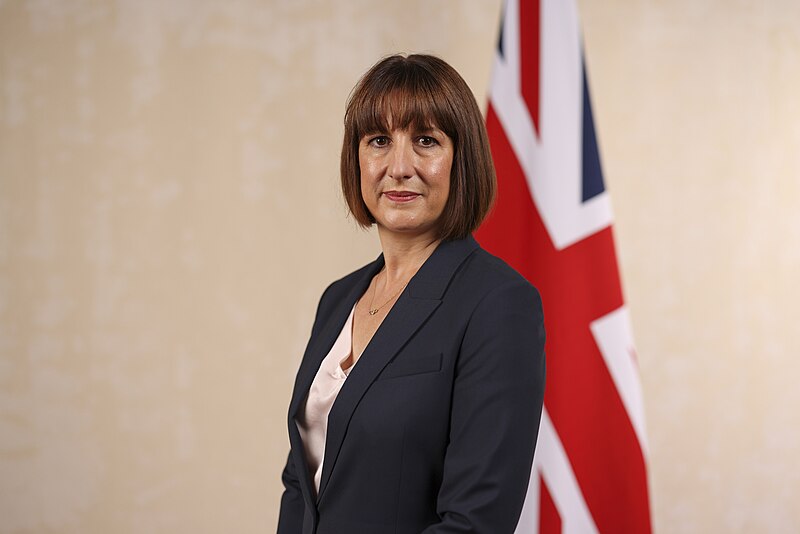
British Finance Minister Rachel Reeves has greenlit £15.6 billion ($21.1 billion) in funding for transport projects across cities outside of London, aiming to reverse years of under-investment and
stalled development.
In a speech scheduled for Wednesday in Manchester, Reeves will unveil the first round of investment from the June 11 Spending Review, which will shape departmental budgets for the rest of the parliamentary term, according to the finance ministry.
The announcement comes as Prime Minister Keir Starmer’s Labour government faces pressure to demonstrate tangible improvements in public services and infrastructure, especially after setbacks in recent local elections.
The UK has long struggled with low productivity in cities beyond the capital, with outdated transport infrastructure often blamed. International bodies like the OECD have cited inadequate connectivity as a major barrier to economic growth.
“A more prosperous Britain cannot be built on a few regions pulling ahead while others lag behind,” Reeves is expected to say, based on speech excerpts. She warned that such uneven development has led to stark regional inequalities.
Much of the £15.6 billion in funding was previously earmarked by former Prime Minister Rishi Sunak's Conservative government after it scrapped part of a major high-speed rail project. The funds were pledged for local initiatives but had yet to be formally approved.
Wednesday’s commitment covers transport investments planned between 2027/28 and 2031/32. Projects include expansions and improvements to metro networks in Greater Manchester, the West Midlands, the North East, and South Yorkshire. Notably, West Yorkshire—home to 2.3 million people—is set to receive its first mass transit system.
“These commitments will give businesses involved in supply chains the confidence to plan and invest locally,” said Jonny Haseldine, head of business environment at the British Chambers of Commerce.
While the UK has conducted spending reviews periodically since 1998, this is the first multi-year review since 2015, apart from a pandemic-focused review in 2021. The Institute for Fiscal Studies has called it potentially “one of the most significant domestic policy events” for the new Labour government. Photo by Lauren Hurley / No 10 Downing Street, Wikimedia commons.




































